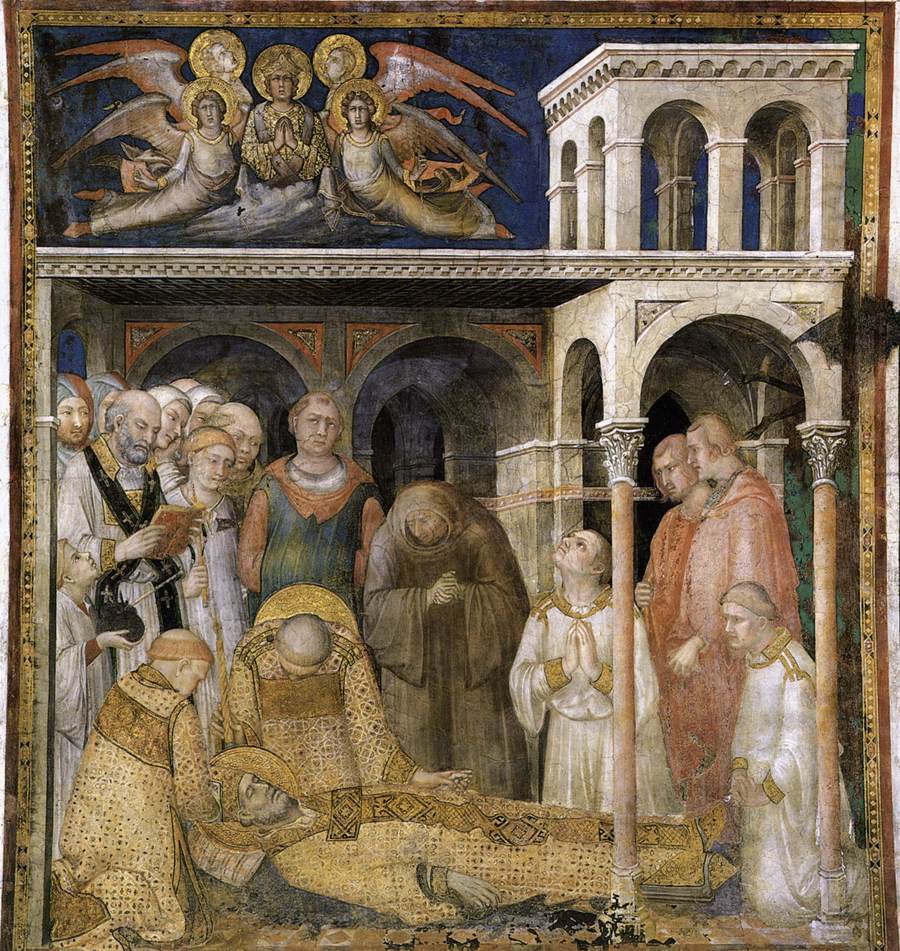Description
The painting Death of St Martin (scene 9) by artist Simone Martini is a masterpiece that stands out for its artistic style, composition, and use of color. This work, with an original size of 284 x 230 cm, tells the story of the death of Saint Martin, a Christian saint highly revered in the Middle Ages.
Martini's artistic style is characterized by elegance and refinement, and this painting is no exception. His precise strokes and attention to detail are evident in every corner of the work. Martini uses a meticulous technique to represent the figure of Saint Martin, as well as the other characters and elements of the scene. This is reflected in the meticulousness with which the fabrics, the facial expressions and the gestures of the characters are painted.
The composition of the painting is another interesting aspect. Martini uses the framing technique to focus the viewer's attention on the central figure of Saint Martin. The saint is represented in the center of the work, surrounded by other characters who mourn his death. The arrangement of the characters and elements in the painting creates a sense of balance and visual harmony.
The use of color in this painting is also remarkable. Martini uses a rich and varied color palette, with vibrant and contrasting tones. Warm colors, such as red and yellow, are used to highlight the figure of Saint Martin and convey a sense of divinity. Cool tones, such as blue and green, are used to represent the landscape and surroundings.
The history of the painting is also fascinating. This work is part of a cycle of paintings depicting the life of Saint Martin, commissioned by the Chapel of Saint Martin in the Basilica of Saint Francis in Assisi, Italy. These paintings were created between 1312 and 1317, and are considered to be one of the masterpieces of Italian Gothic art.
Despite its importance, Simone Martini's painting Death of St Martin (scene 9) is less well known than other works by the artist. However, its beauty and artistic quality deserve to be appreciated and studied in depth. This work is an outstanding example of Martini's talent and artistry, and a window into the rich history of medieval art.

